🦦 Pangolins: Nature’s Armoured Marvels Under Siege in Kruger National Park 🥐
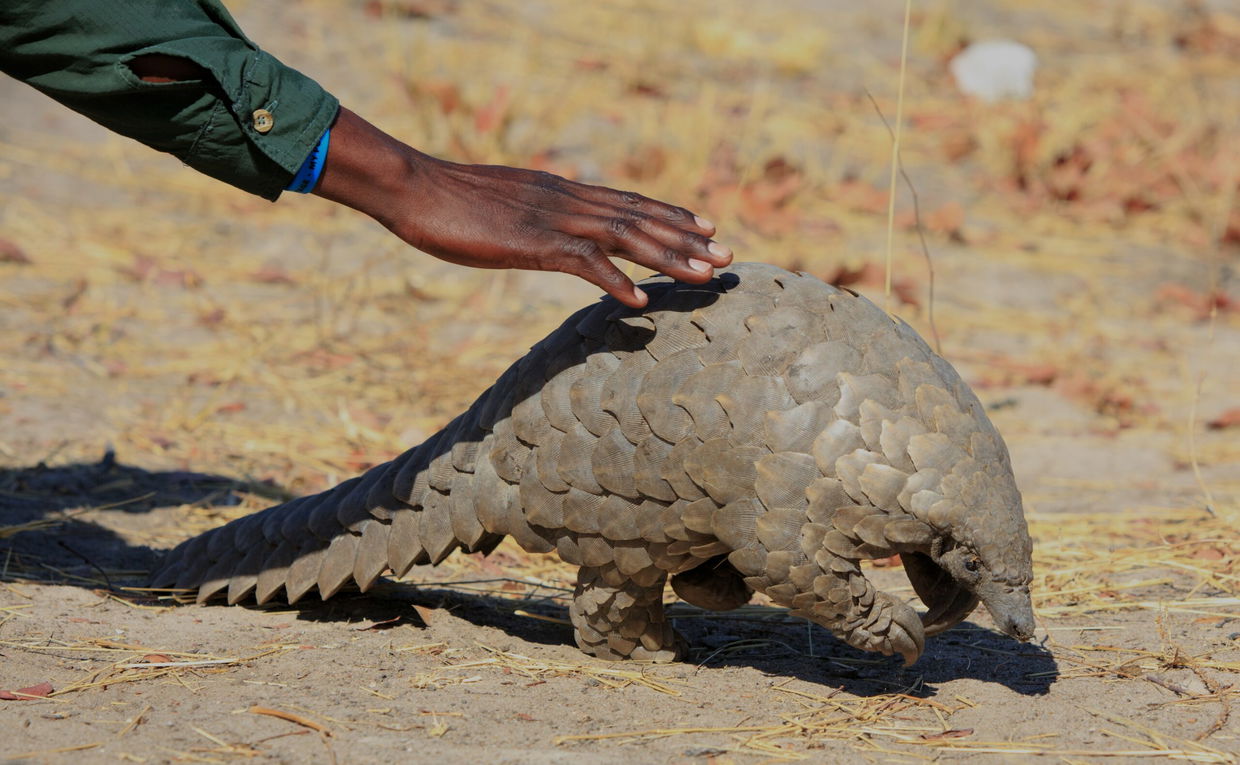
World Pangolin Day will be celebrated on 15 February 2025. Secrets VIP Luxury Travel are committed to continue our awareness drive towards public participation aimed at Pangolins conservation and the total ban of wildlife trade and exploitation of this highly threatened species. They remain among the most unique and misunderstood creatures on Earth. In line with this ethos, we decided to write a short blog on these animals and the challenges faced in Southern Africa.
Introduction
Pangolins, often called "scaly anteaters," are one of nature’s most extraordinary yet least understood creatures. As the only fully scaled mammals on Earth, they play a vital role in ecosystems by controlling insect populations. However, these armoured marvels are under severe threat, particularly in Kruger National Park, where illegal poaching and habitat loss have pushed them toward extinction.
This article explores:
✔️ The biology and behavior of pangolins
✔️ Why they are the world’s most trafficked mammal
✔️ Conservation efforts in Kruger National Park
✔️ How you can help save them
Chapter 1: The Pangolin – Nature’s Living Artifact
Pangolins are mammals belonging to the order Pholidota, with eight species split between Asia and Africa. Their defining feature is their protective keratin scales, which act like armour. When threatened, pangolins can curl into a tight ball, making them almost impenetrable to predators.
Remarkable Adaptations
❖Tongue: A pangolin’s tongue can be longer than its body, perfectly designed for extracting ants and termites from nests.
❖Diet: As insectivores, pangolins consume thousands of ants and termites daily, playing a vital role in pest control and maintaining ecosystem balance.
❖Scales: Made of keratin (the same material as human nails), their scales are their primary defence mechanism against predators.
Species Found in Kruger
The Temminck's ground pangolin (Smutsia temminckii) is the only species found in Kruger National Park. Unlike their arboreal relatives, these pangolins are terrestrial, often foraging on the ground in search of ants and termites. Despite their importance to the ecosystem, spotting a pangolin in Kruger is a rare and extraordinary event, making it a coveted sighting for wildlife enthusiasts and conservationists.
The Role of Pangolins in Kruger’s Ecosystem
Pangolins play a crucial ecological role as natural pest controllers, consuming thousands of ants and termites each day. By aerating the soil as they dig, they also contribute to nutrient cycling, supporting the park's diverse plant life. Their presence, though often unseen, is essential for maintaining a balanced ecosystem.
💡Did You Know? A single pangolin consumes ~70 million insects annually—vital for pest control!
Chapter 2: Why Are Pangolins Under Siege?
💠The Illegal Wildlife Trade
#1 Trafficked Mammal: Over 1 million pangolins poached in the last decade.
Demand: Scales used in traditional medicine (despite no proven benefits).
Black Market Price: Up to $3,000/kg—more than ivory or rhino horn.
💠Threats in Kruger National Park
Poaching: Snare traps and illegal hunting.
Habitat Loss: Human encroachment & climate change.
Roadkill: Collisions with vehicles at night.
💠Threat analysis
Despite their natural defenses, pangolins face grave threats from humans. Their scales are highly sought after for use in traditional medicine, and their meat is considered a delicacy in some regions. According to conservation organizations, millions of pangolins have been trafficked over the past decade.
💡Shocking Fact: More pangolins are killed than rhinos and elephants combined.
Chapter 3: Conservation Efforts in Kruger
Kruger National Park, in collaboration with organizations such as the African Pangolin Working Group and SANParks, is at the forefront of pangolin conservation. Efforts include:
✅Anti-Poaching Initiatives
K9 Units: Specially trained dogs sniff out pangolin scales.
Ranger Patrols: Increased night surveillance in hotspots.
✅Rehabilitation & Research
Pangolin Rescue Centers: Treating injured or confiscated pangolins from poachers and releasing them back into the wild.
Tracking Programs: Using GPS tracking to monitor pangolin movements and study their behaviour.
Artificial Nests: Helping orphaned pangolins survive.
✅Community Engagement
Educating local communities about the importance of pangolins and providing alternative livelihoods to reduce poaching.
Success Story: In 2022, 14 pangolins were successfully rehabilitated in Kruger.
Chapter 4: How You Can Help Save Pangolins
Thankfully, awareness campaigns and stricter laws are helping to protect pangolins. All eight species are listed under CITES (Convention on International Trade in Endangered Species), which prohibits international commercial trade. Additionally, organizations like Save Pangolins and the Pangolin Crisis Fund work to protect habitats, combat trafficking, and support local conservation programs.
Responsible Tourism
Report Sightings: Alert rangers if you see a pangolin (never approach!).
Support Eco-Lodges: Choose accommodations funding conservation.
Avoid Illegal Products: Reject any pangolin scale souvenirs.
Donate & Advocate
Support Conservation Groups: Donate to or volunteer with organizations dedicated to protecting pangolins.
Spread Awareness: Use #SavePangolins on social media. Share information about pangolins and their plight on social media.
Advocate for Stronger Laws: Encourage governments to enforce anti-trafficking laws and protect habitats.
Organizations to Support:
African Pangolin Working Group
Tikki Hywood Foundation
Kruger Wildlife Protection Fund
Conclusion: A Future for Pangolins?
The road ahead is challenging, but there is hope. With continued conservation efforts, stricter law enforcement, and global awareness campaigns, pangolins in Kruger National Park can survive and thrive. Their fate ultimately lies in the hands of those who value their ecological importance and are willing to fight for their protection.
Will you join the fight? Share this article and support pangolin conservation today.




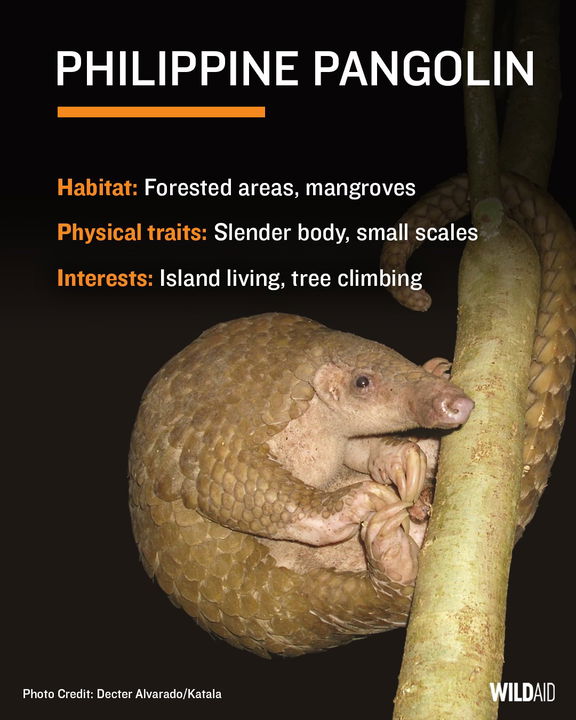
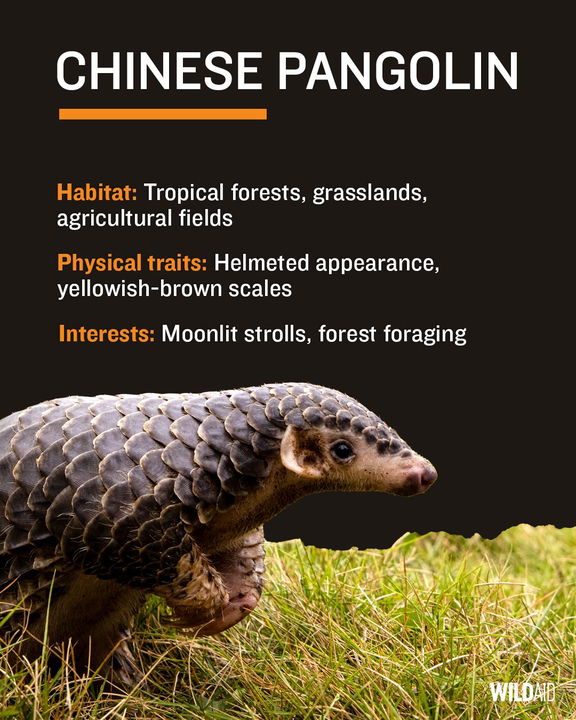
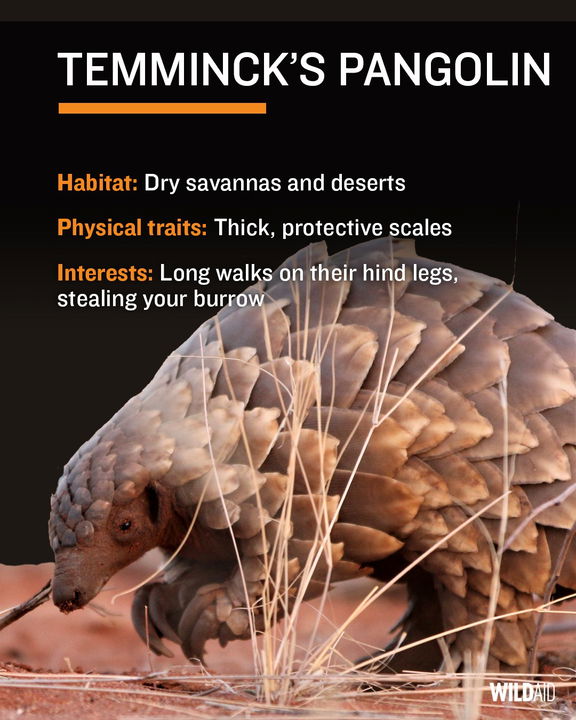
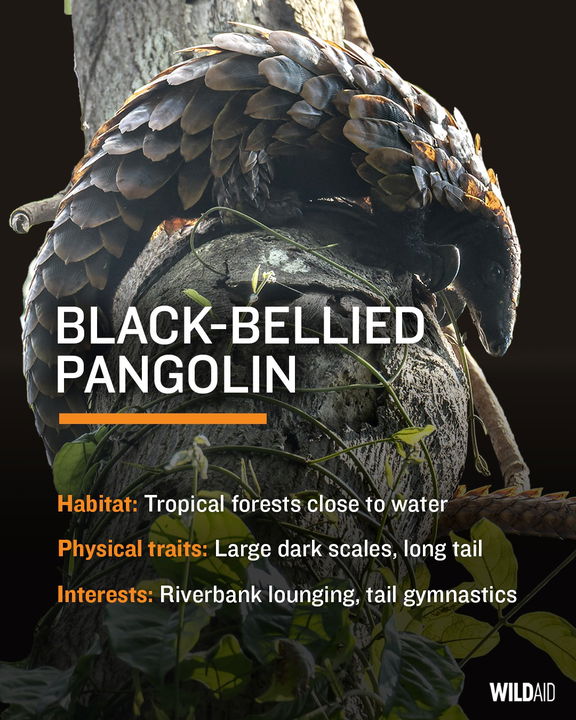
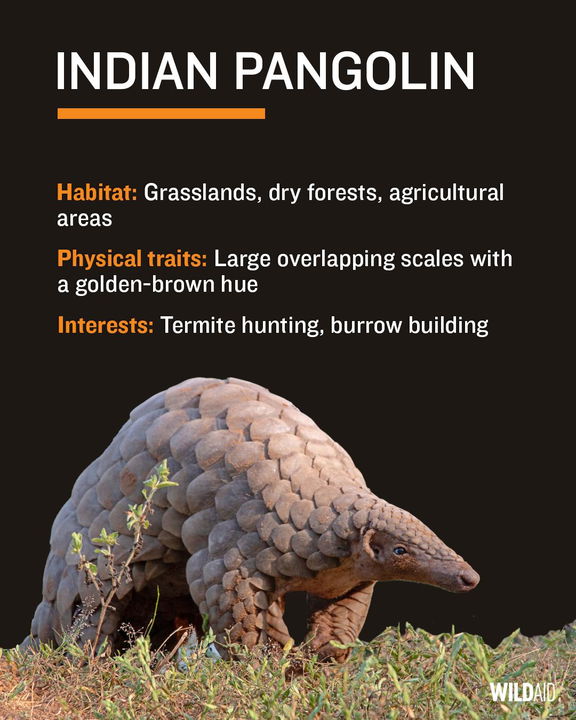
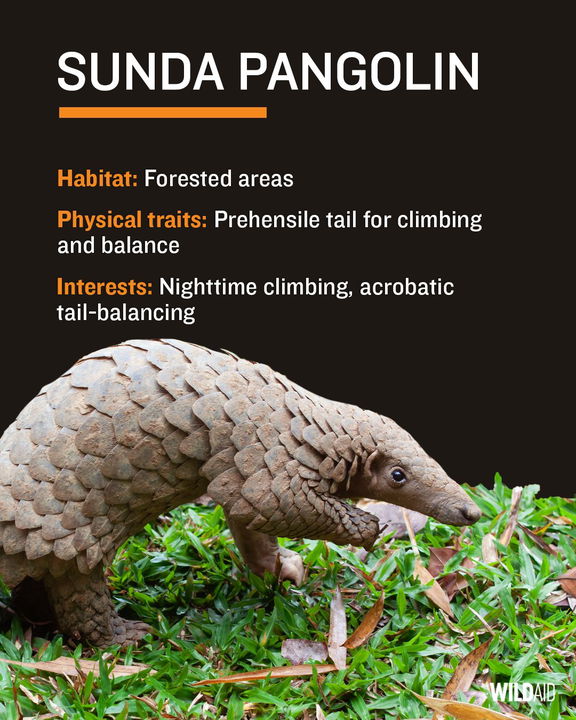
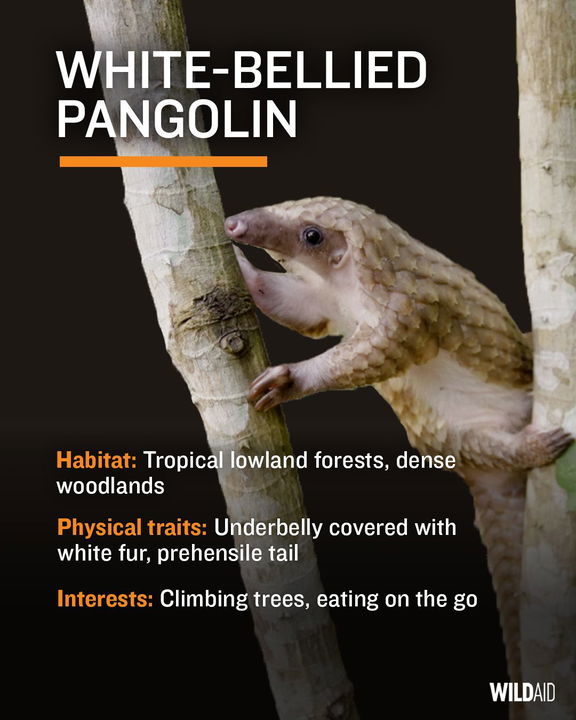
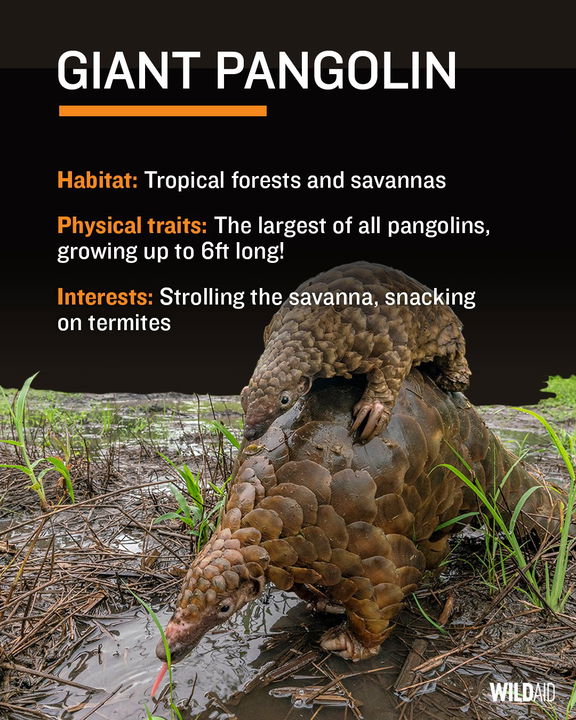
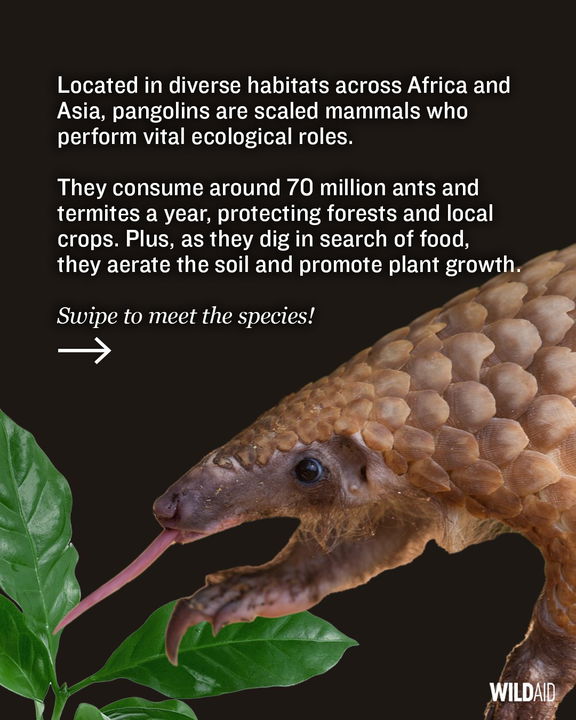
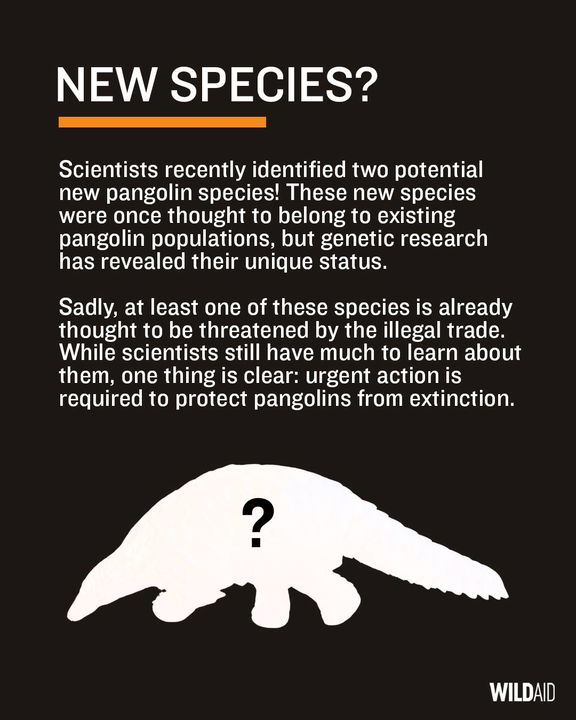
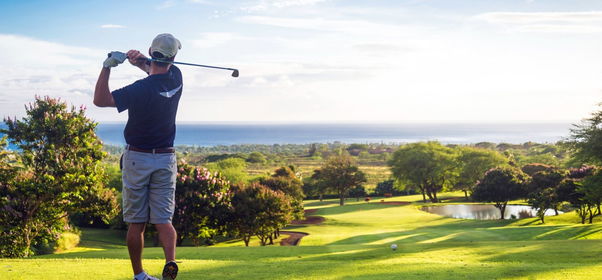
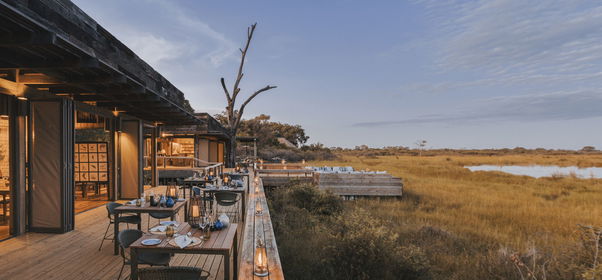
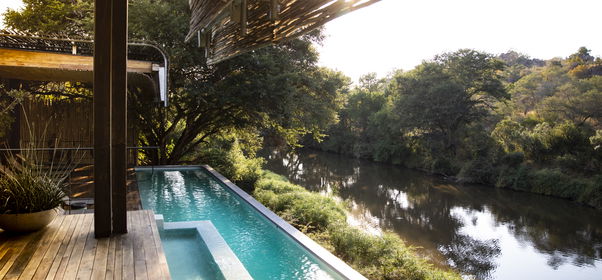
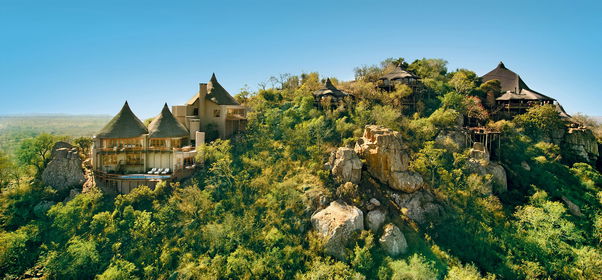
Share This Post